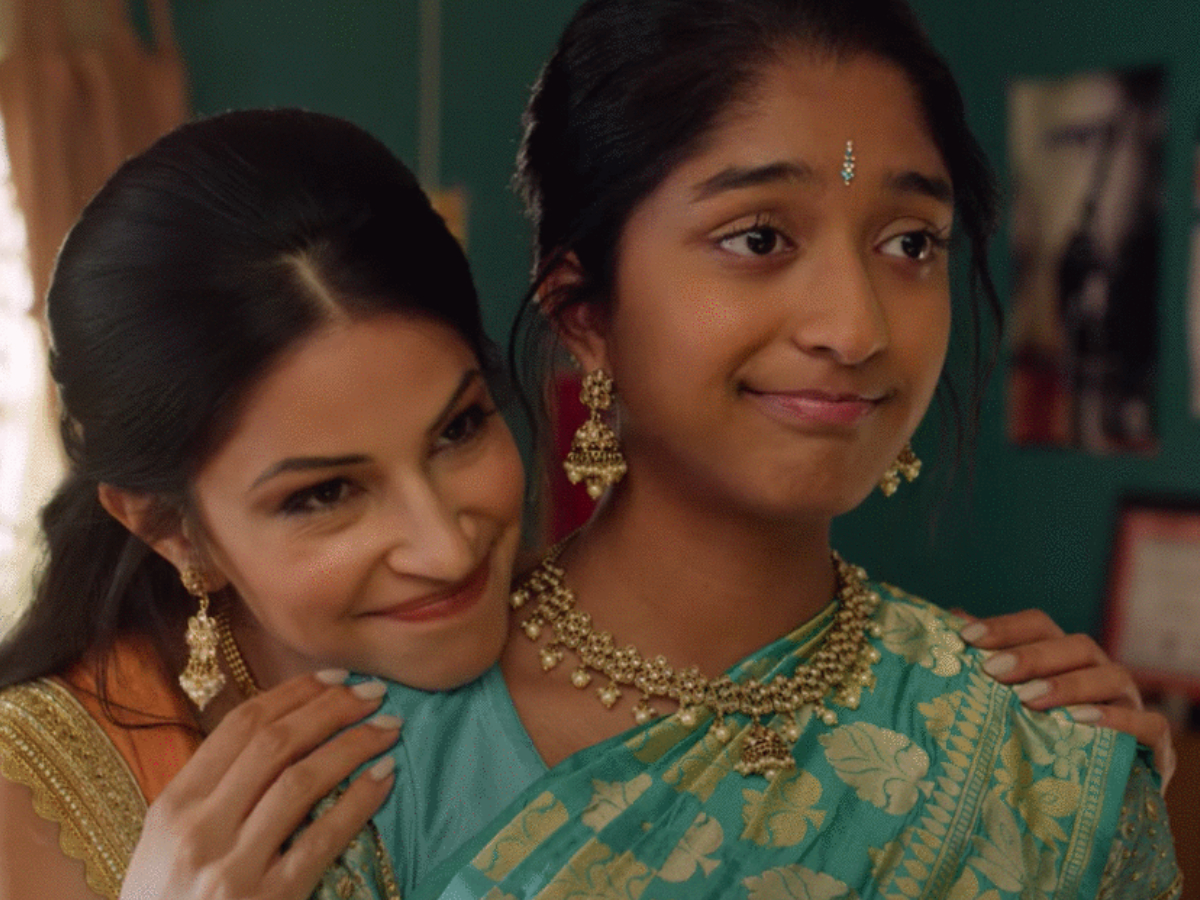
It would seem that there is a new standard to be met in order to be considered Asian other than just geographical placement. In the Western world, many citizens have predetermined notions of what an Asian individual should look like, causing exclusion for those who do not meet these false facial standards.
South Asians are the most common victims of being not “really Asian” in the Western world. This entails every Desi person being labeled as someone coming from the Indian subcontinent. As a South Asian person who had the privilege of growing up in Los Angeles, where it is known to be rather diverse in comparison to other midwest states, I have still encountered several racist comments. In my upbringing, I was often falsely profiled as Indian and was asked if my parents work at 7-Eleven.
Despite continuous explanation of what the country of Bangladesh is, it seemed many of my classmates refused to learn and continued to mislabel me as Indian. Many still do not know the difference between the language of Hindi and the religion of Hinduism. Hailing from a predominantly Latino and Asian school in my early life, I expected my fellow people of color to try and learn about my culture and understand how on paper I still am Asian, but I was faced with nothing but disappointment.
Similar frustrations have been felt immensely by my friends and twins Aman and Raman Dail, who recently moved from Southern California to Kentucky to attend The University of Louisville. In an interview with the Punjabi siblings, R. Dail explained, “Ever since moving to Kentucky, I have been called and accused of not being Asian by multiple Western people. Many people forget about South Asian countries due to the lack of education and biased information presented in the media. Likewise, many people do not see South Asians as Asian as East Asians because of our often darker skin complexions.” She and her sister Aman share their struggle with being “surrounded by people who have never learned about different ethnicities and cultures, and correlate Asians with just East Asians.”
Due to not meeting the false guidelines of what an Asian person should look like and come from, exclusivity develops. Predominantly white Hollywood further makes stereotypical casting and characters which belittle South Asian culture. These results show that a South Asian, Desi person, can be nothing more than the blatantly racist and stereotypical characters such as Apu from the Simpsons in the Western world. The stereotypes shroud what Desi people are: Asian.
Films and shows in which the leads are South Asian often do not seem to gain the same sort of fame, such as in Blinded by the Light, portraying a Pakistani young boy’s life, as well as the short Netflix series, Never Have I Ever, inspired by the life of first-generation Indian actress Mindy Kaling as the degrading characters created by Hollywood. All of these productions were quite critically acclaimed, but it would seem the viewers of the Western world enjoyed static characters such as Apu more.
The true problem which Asians face is the Eurocentric and Western dominant media that pressure us. The root of this problem was created by the repulsive stereotypes which have been built and institutionalized by the Western media industry over the years. In an interview with The Highlander, Alvee Ahmed, a third-year neuroscience major, states, “I think East Asian and South Asian people get along well! I think the bigger issue pertains more toward how we, as South Asians, are viewed by the rest of the world when it comes to our identity.”
Essentially how one identifies themselves is traced back to their geographic origins and for many people of color, their roots were nipped by colonizers. This is the case for the entire continent of Asia. We as a continent were stripped of our unique languages, colors and flavors. No one has the right to accuse someone of not being “Asian enough.” The promotion of racism is found across the Western world due to a lack of education, lack of representation as well as prejudice. It is time to end all of this and move forward, together, as Asians and thrive in this Western world which seems to be against us.







